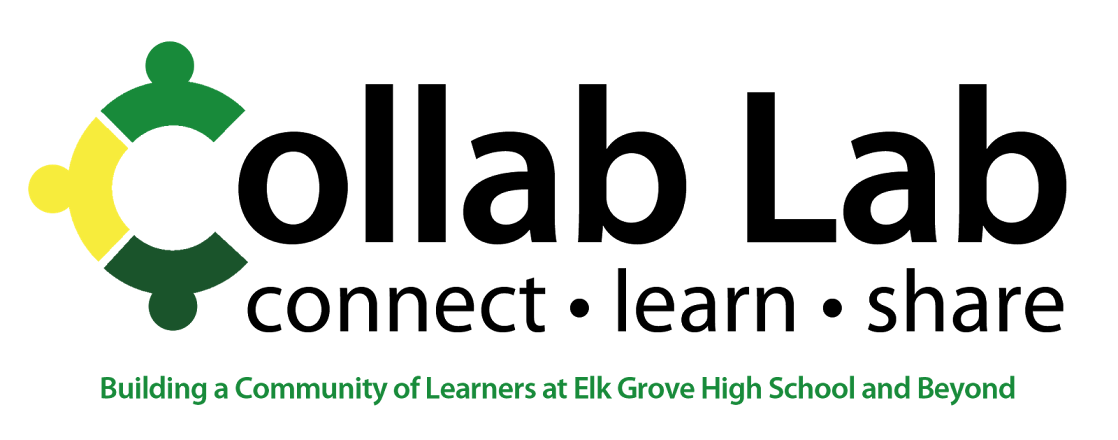By The DTC Team,
Today the DTC instructional team attended the second in a series of in-person workshops focusing on Standards-based grading as presented by Lee Ann Jung and Thomas Guskey and hosted by IL ASCD and District 214.
This is a brief summary of some of the topics covered:
- Inclusive Grading:
- We explored the differences between accommodations and modifications for assessments. While many can be sorted into either category, ultimately the questions to ask are what are your standards and and what are you truly assessing?
- If something that you’re not measuring impacts what you do measure, you no longer have a valid measurement of student learning.
- The students who need the most feedback about their learning are frequently the ones who receive the least: Artificially inflating grading demotivates students.
- Modifications should not be permanent--they may change at any point.
- Can you say that a grade is based on modified expectations? Office of Civil Rights: Response Here.
- Standards and scales:
- Limit the number of standards students are expected to master. When determining what to assess, consider what is necessary, fundamental and urgent?
- Adding a number does not necessarily make a goal measurable. For example, 80% does not necessarily equal mastery. Instead consider a skill along the lines of "student can identify all site words within 2 seconds each."
- Intervention planning should be targeted, consistent, regular, and shared by multiple parties who are invested in the student's life.
- Teams should identify skills, determining the setting(s), and describe how they will be measured.
More information and resources can be found at standardsbasedgrading.org.

No comments:
Post a Comment
Note: Only a member of this blog may post a comment.